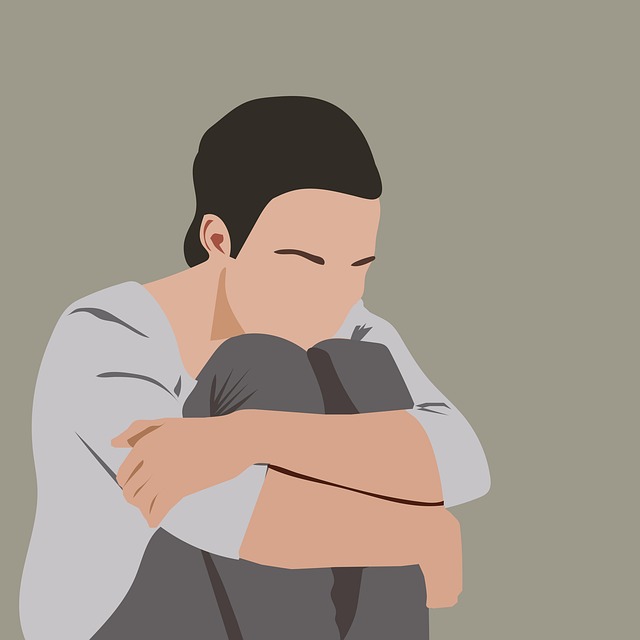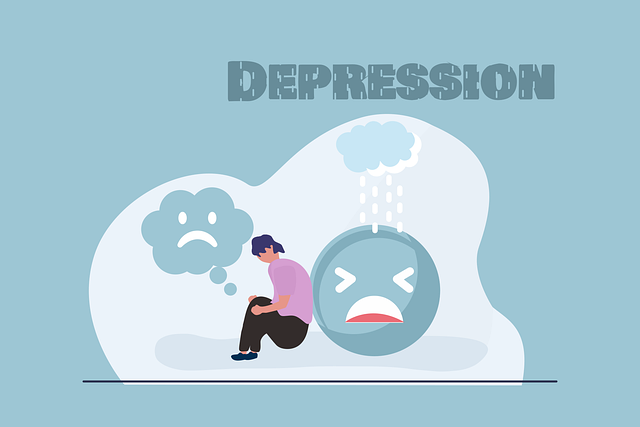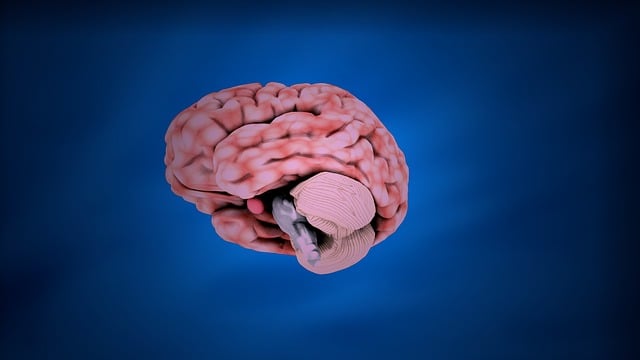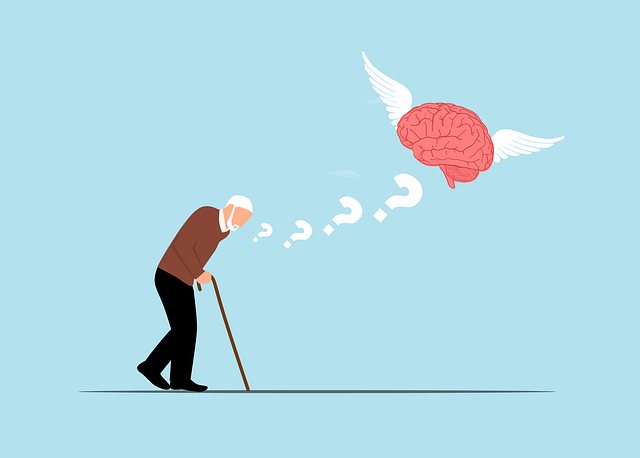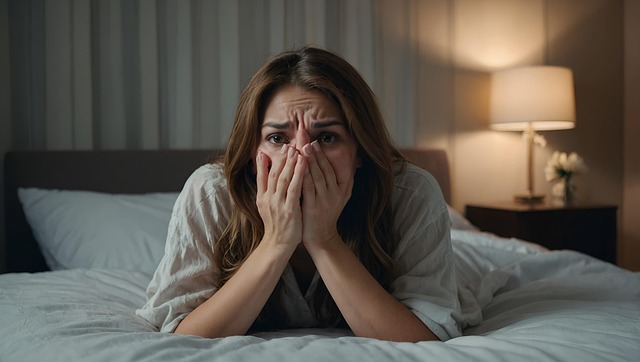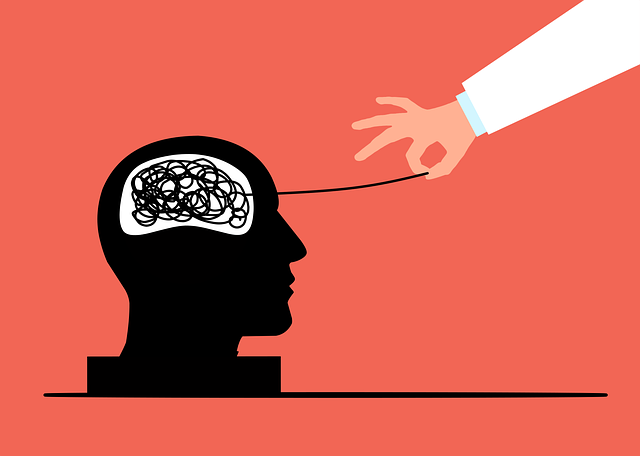Children's mental health, especially regarding phobias, requires early intervention through self-care practices such as mindfulness, creative therapy, and physical activity, which build resilience. Parents and caregivers play a vital role in identifying phobias through observation and open dialogue. Effective management involves cognitive-behavioral therapy and empathy-building strategies. Public awareness normalizes mental health conversations. Art therapy and social skills training foster healthy emotional intelligence. Therapists collaborate with parents to establish self-care rituals, incorporating mindfulness and positive self-talk for children with phobias.
Self-care practices play a pivotal role in fostering children’s mental well-being, yet their significance is often overlooked. This article delves into the essential aspects of self-care, focusing on its impact on children’s mental health and offering practical strategies. We explore effective ways to identify and overcome phobias through therapy for children, emphasizing creative self-care techniques to build resilience. Additionally, we highlight the crucial roles of parents and therapists in promoting healthy self-care rituals that can transform young lives.
- Understanding the Importance of Self-Care for Children's Mental Health
- Identifying and Overcoming Phobias: A Child's Perspective
- Creative Self-Care Strategies for Kids to Build Resilience
- Role of Parents and Therapists in Promoting Healthy Self-Care Rituals
Understanding the Importance of Self-Care for Children's Mental Health

Children’s mental health is a vital aspect often overlooked within our fast-paced and demanding world. Implementing self-care practices early on is key to fostering resilience and emotional well-being. It equips children with the tools to navigate their emotions, manage stress, and build inner strength. Neglecting these essential techniques can have long-lasting effects, potentially leading to more severe mental health issues such as anxiety and phobias that may require therapy for children.
Self-care is not just about treating symptoms; it’s an empowering process for emotional healing. By incorporating activities like mindfulness exercises, creative outlets, and regular physical activity, children can develop healthy coping mechanisms. This, in turn, enhances their ability to face challenges and promotes a positive self-image. For mental health professionals, integrating risk management planning into the picture is crucial—it ensures that both children and practitioners are equipped to handle potential triggers or setbacks, thereby fostering an environment conducive to inner strength development.
Identifying and Overcoming Phobias: A Child's Perspective

Identifying phobias at a young age is crucial for their effective management. Children may exhibit signs of fear or avoidance in specific situations, which could indicate an underlying phobia. Through open dialogue and observation, parents and caregivers can play a pivotal role in recognizing these fears. Encouraging children to express their emotions and providing a safe space for conversations about their anxieties can help uncover the root causes. Once identified, addressing these phobias becomes more manageable.
Therapy for children with phobias often involves structured techniques tailored to their age group. Empathy-building strategies, such as role-playing and storytelling, can empower kids to confront their fears gradually. Conflict resolution techniques, including cognitive-behavioral therapy, teach them to manage and overcome these intense reactions. Public awareness campaigns focused on normalizing conversations about mental health can further support children in understanding and managing their phobias, ensuring they receive the necessary help.
Creative Self-Care Strategies for Kids to Build Resilience

Incorporating creative self-care strategies for children is a powerful way to build resilience and foster healthy mental wellness from an early age. Through playful activities, kids can learn to manage their emotions and cope with stress effectively. For instance, art therapy for children provides a unique outlet for expression, allowing them to visually explore their feelings and experiences. This form of therapy isn’t just about drawing pretty pictures; it’s a means to help kids process traumatic events, phobias, and anxieties. By engaging in artistic endeavors, children can transform their inner turmoil into something tangible, offering a sense of control and understanding.
Furthermore, social skills training integrated with self-care practices can significantly benefit children’s overall well-being. Teaching kids how to interact with peers, manage conflicts, and build positive relationships contributes to their mental illness stigma reduction efforts. When children feel heard, understood, and valued, they develop a stronger sense of self-worth. These early experiences lay the foundation for healthy social interactions and emotional intelligence, enabling kids to navigate challenges with resilience and adaptability.
Role of Parents and Therapists in Promoting Healthy Self-Care Rituals

Parents and therapists play a pivotal role in promoting healthy self-care rituals for children, especially those dealing with phobias. Through therapy sessions, parents can learn effective strategies to support their child’s emotional well-being. Therapists often teach techniques like mindfulness, relaxation exercises, and positive self-talk, which are essential tools for building inner strength. These practices not only help in managing anxiety but also empower children to develop self-care routines tailored to their unique needs.
By fostering an environment of open communication, parents can encourage their children to express fears and concerns openly. Therapists guide this process, offering age-appropriate emotional well-being promotion techniques that enable kids to confront and overcome phobias. This collaborative effort ensures that children learn not only to manage their conditions but also to prioritize self-care as a lifelong practice.
Self-care practices play a pivotal role in fostering healthy mental development in children. By implementing the strategies discussed, including creative outlets and supportive environments, we can empower kids to build resilience and navigate life’s challenges. Parents and therapists have a unique opportunity to guide young individuals towards understanding and adopting self-care rituals, ultimately contributing to improved well-being and a brighter future. For instance, addressing phobias through specialized therapy for children empowers them to overcome fears and gain a sense of control, enhancing their overall mental health.
